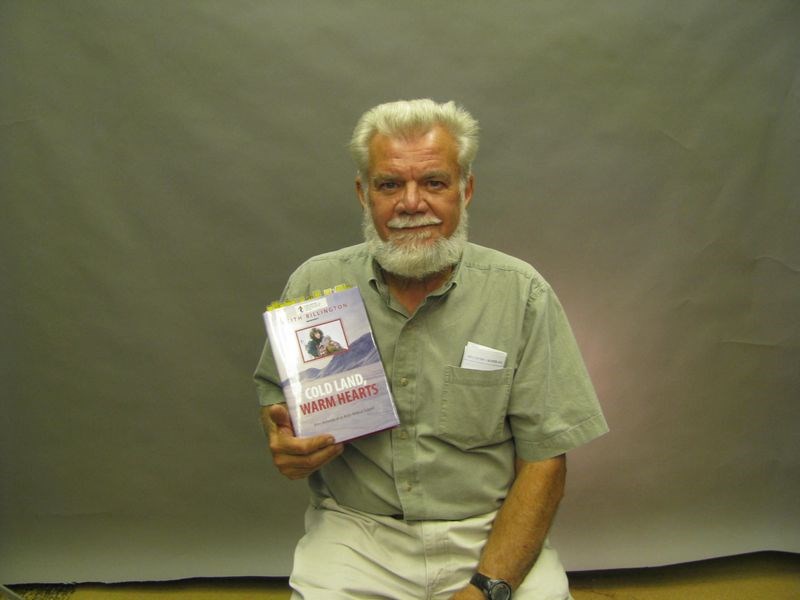A Prince George nurse has written a novel on the six years he spent in the Arctic - an experience he described as "professionally fulfilling."
Keith Billington is the author of Cold Land, Warm Hearts, his second novel about providing medical care to an isolated string of First Nations communities in the north.
The launch of this novel, including a talk, slide show and book signing, will take place Tuesday, August 23, at 7 p.m. at Books & Co., 1685 Third Avenue.
Billington's first novel, House Calls by Dogsled, published in 2008, talked about first and last impressions of the experience while Cold Land, Warm Hearts provides a deeper insight into life in the extreme north.
Keith and wife Muriel, now retired from nursing, lived in the Village of Fort McPherson, south of Inuvik, when they provided dedicated care to people in isolated communities during the 1960s.
"The term today is nurse practitioner and we did everything," said Billington. "My wife was a midwife as well and we delivered babies, we prescribed, we x-rayed, we laid people out when they died - the whole gamut of healthcare."
Billington kept a diary when he was in the north and everyone tells him he's a story teller by nature, he said. People said he should write a book about it, so he did.
"To my wife and myself it was a job and we never really thought about it being awe-inspiring," he said. "But when we thought about it later we thought there's something here so then I wrote the first book."
Between the first and second book the Billingtons returned to the communities they had cared for in the 60s.
"We drove up in 2009 -- something we couldn't do in the old days," he said. "There's the Dempster Highway now. There was nothing there before. We saw how the Gwich'in people have changed with roads, nice houses, television, all the things we take for granted down here. Now they've been given all those so-called benefits. They were a Nomadic, caribou-hunting people in the 60s and we wondered how things have changed and the second book reflects on that."
When the Billingtons went back, people would recollect how Muriel delivered their child, others would make reference to the characters in the book, which were friends in the community.
"People would tell us it was a good story of their history," said Billington. "We were there on the cusp of change. Now it seems romantic that the Gwich'in people lived in tents and traveled by dog sled but back then it was just what they did to survive."



